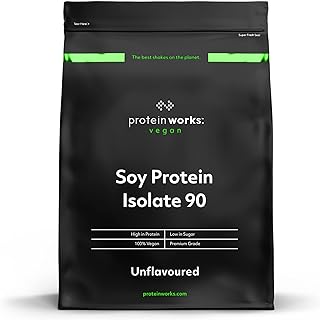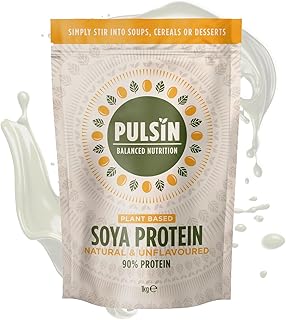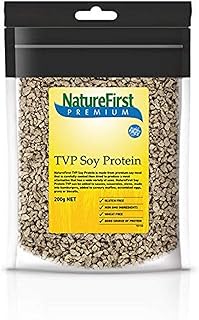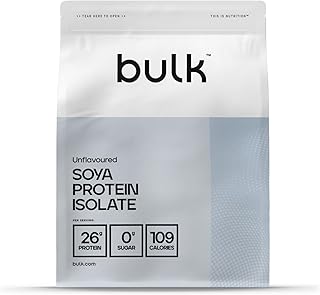The FDA is considering withdrawing its support for the health claim that soy protein consumption can reduce heart disease risk. This proposal is based on emerging evidence challenging the actual cardiovascular benefits of soy. If implemented, food manufacturers will no longer be permitted to promote soy products as heart-healthy. Despite this, soy remains a valuable source of nutrients like polyunsaturated fats, fiber, vitamins, and minerals, serving as a healthy alternative to animal proteins high in saturated fats.
Dietitian Kathy McManus from Harvard-affiliated Brigham and Women’s Hospital highlights the nutritional value of natural soy products such as tofu and edamame. These whole soy foods can be beneficial when incorporated into a balanced diet, offering a plant-based protein option. However, caution is advised with certain soy products containing estrogen-like compounds that may pose risks. It is recommended to avoid soy isoflavone supplements and foods made with textured vegetable protein and soy protein isolate, commonly found in protein powders and nutrition bars.
McManus suggests moderate consumption of whole soy foods like soy milk, edamame, and tofu several times a week. These products can be part of a healthy diet, providing essential nutrients while reducing the intake of saturated fats. Despite the potential risks associated with specific soy derivatives, whole soy foods offer a range of health benefits when consumed in moderation. Therefore, individuals can enjoy the nutritional advantages of soy without compromising their heart health.
Soy has been a staple in many diets worldwide for centuries, particularly in Asian cultures where it is a primary protein source. Its versatility and nutritional profile have made it a popular choice for vegetarians and individuals seeking plant-based alternatives to animal products. Soy-based foods like tofu, tempeh, and miso have gained popularity in Western countries due to their health benefits and culinary adaptability.
Historically, soy has played a significant role in traditional medicine and cultural practices, with documented uses in various Asian civilizations for its purported health properties. The cultivation and consumption of soybeans date back thousands of years, reflecting its integral place in agricultural practices and dietary customs. Over time, soy has been recognized for its potential health benefits and nutritional value, leading to its widespread incorporation into modern diets.
Despite the recent concerns raised about specific soy-based products, the overall consensus on soy’s health benefits remains positive. When consumed in its natural form, soy provides essential nutrients and can be a valuable component of a balanced diet. By choosing whole soy foods over processed derivatives, individuals can enjoy the nutritional advantages of soy while minimizing potential risks associated with certain soy products.
As dietary trends continue to evolve, soy-based products have become increasingly popular among health-conscious consumers seeking plant-based alternatives. The versatility of soy in various culinary applications, from meat substitutes to dairy alternatives, has contributed to its widespread appeal. With ongoing research and advancements in food technology, the potential risks associated with certain soy derivatives can be better understood and managed to ensure the safe consumption of soy products.
Experts emphasize the importance of moderation and diversity in dietary choices, including the incorporation of a variety of plant-based foods like soy. By balancing the intake of different food groups and making informed decisions based on individual health needs, individuals can enjoy the benefits of soy while minimizing any associated risks. As with any dietary component, it is essential to consider personal health factors and consult healthcare professionals for tailored nutritional guidance.
📰 Related Articles
- Soy Protein Benefits for Heart Health and Diabetes Management
- Soy Consumption: Experts Debunk Health Concerns and Highlight Benefits
- Real Madrid’s Kylian Mbappe Shows Recovery Progress Amid Health Concerns
- Queensland Considers Total Ban on E-Bikes Amid Safety Concerns
- AstraZeneca Considers US Stock Market Move Amid Valuation Concerns






